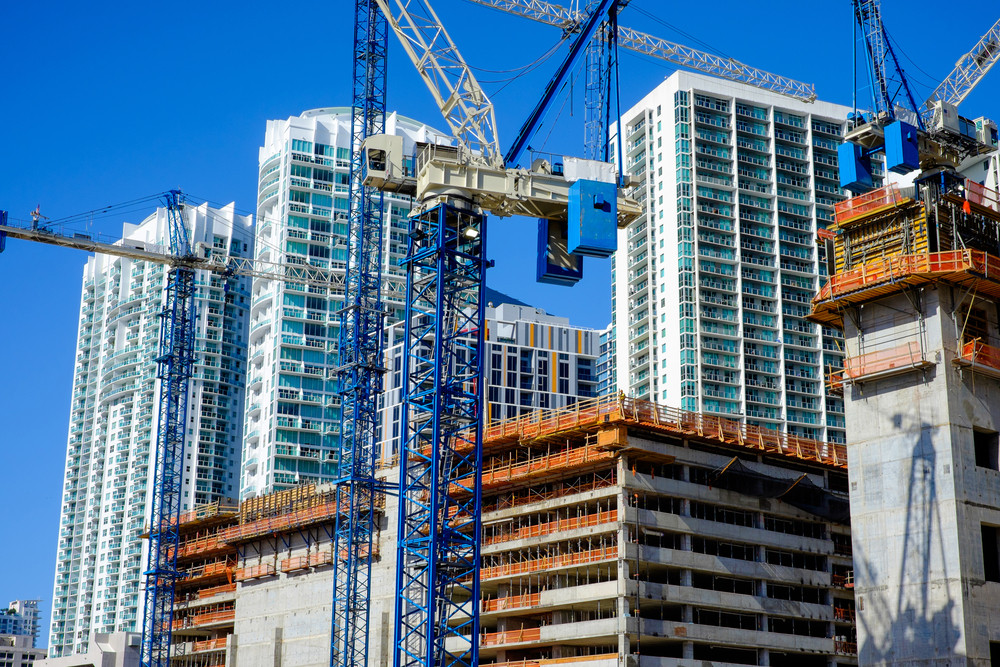
As Community Association attorneys, something we've been asked often lately is whether associations may hold their meetings strictly by Zoom or any other video conferencing or virtual process. The answer is Florida law does allow videoconferencing and provides the ability to do so for both members and board meetings. For board meetings, the statute provides that directors may participate in any meeting virtually or by remote communication, including voting on board matters, and that remote communication is deemed to be “in person” participation. Therefore, board meetings can be held in person, completely virtual, or a hybrid of both. Importantly, the statute requires that the directors attending remotely must be able to be heard by everyone else attending the meeting. For virtual meetings, this is easily accomplished as all participating in the videoconferencing can hear each other when they speak. For in-person meetings, it is necessary for a two-way speaker to be utilized so that any directors participating remotely can be heard by all in attendance. As to members meetings, Florida law also provides that members may participate remotely. In this respect, the statute requires the board to adopt guidelines and procedures to verify that each person deemed present and authorized to vote remotely, is a member or proxy holder. Once those procedures and guidelines are established, members may participate in meetings remotely, are deemed to be present “in person” at the meeting and may vote remotely. Once the procedures and guidelines are adopted, members may participate in a meeting through Zoom or other videoconferencing methods either on their laptops, or by phone. The key is to be able to identify that the people participating are actually members or their authorized representatives (proxies) who can participate on behalf of the members. This is critical because it ensures that quorum requirements are complied with at virtual meetings. When preparing the notice for a meeting, it is recommended that the notice specifies in advance whether the meeting is going to be strictly virtual or if it's going to be a hybrid, where some members are there in person and some are virtually attending. Then...








